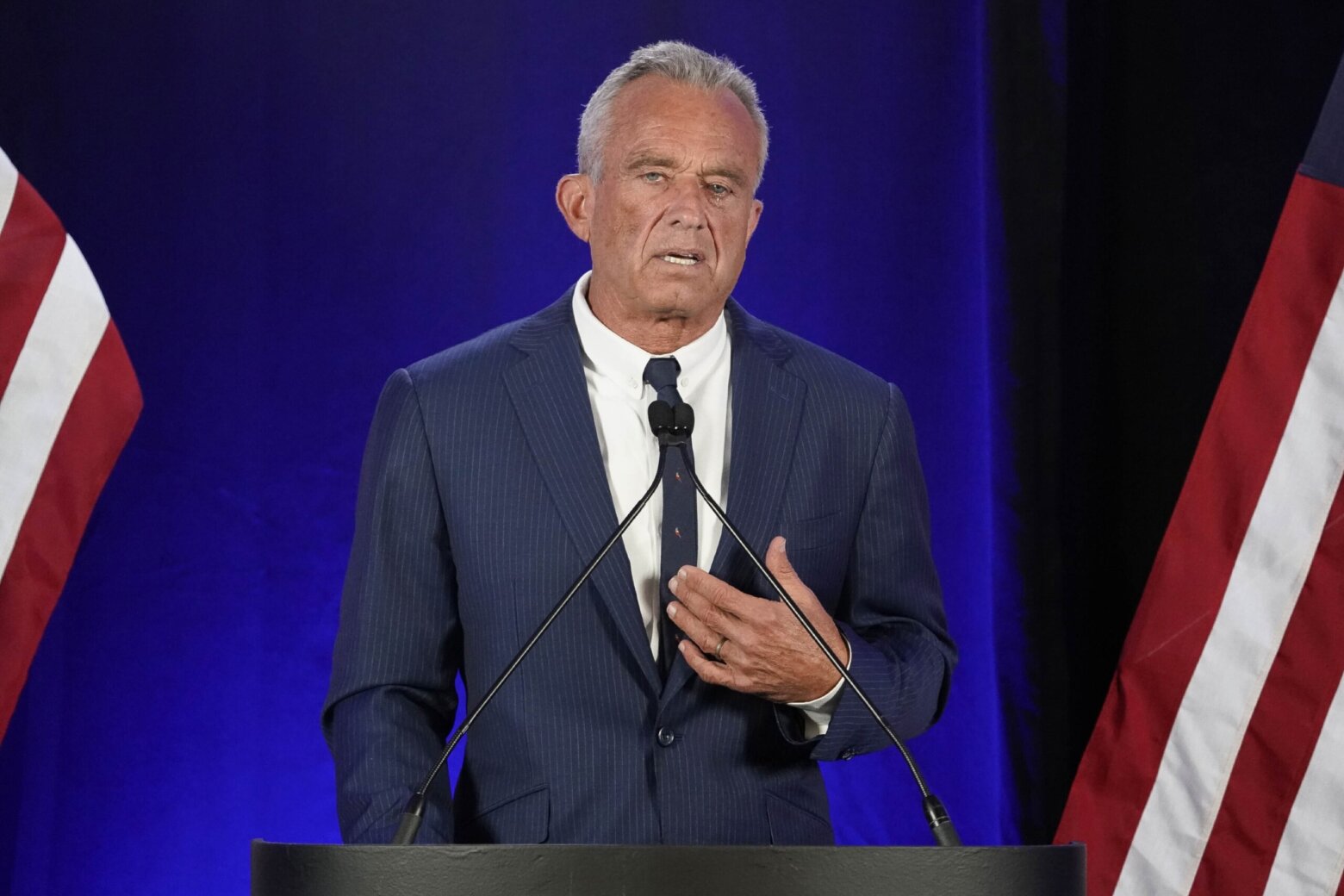Before he was reelected, Donald Trump said he wouldn’t rule out banning vaccines, and that Robert Kennedy, Jr. would have a big role in his administration. The day after Trump’s election, RFK Jr. said, “I’m not going to take away anybody’s vaccines,” in an NBC interview.
Before he was reelected, Donald Trump said he wouldn’t rule out banning vaccines, and that Robert Kennedy Jr. would have a big role in his administration. The day after Trump’s election, RFK Jr. said, “I’m not going to take away anybody’s vaccines,” in an NBC interview.
Asked whether there were any specific vaccines he would remove from the market, Kennedy disputed the idea he’s against vaccinations, despite repeating debunked claims of a link between childhood immunizations and autism.
“If vaccines are working for somebody, I’m not going to take them away. People ought to have choice, and that choice ought to be informed by the best information,” Kennedy said, adding he plans to provide the public with scientific safety and efficacy studies.
Pediatrician John Farrell is a member of the Loudoun County Health Commission, which advises the county board of supervisors on health issues and policy.
He told WTOP the efficacy of vaccines cannot be understated.
“Immunizations have been the single biggest advancement in the preventive care of human health, ever,” Farrell said.
Farrell said the politicization of vaccines does children a disservice.
“You have to answer the question of ‘Who do you trust with decisions about your loved ones’ health care?’” Farrell said.
“There is a lot of information out there, but unfortunately, so much of it is manipulated, and is honestly, false,” Farrell said. “It’s hard to really have true knowledge, without the experience and expertise of medical training, and a dedication to committing your lifetime to caring for children.”
In 2021, Farrell said the benefits of returning to in-person learning far exceeded the risk of a child getting seriously ill from COVID-19, as researchers and public health officials considered adverse affects from the new vaccine.
“Initially, there was a signal that was showing that there was myocarditis associated with, interestingly, teenage boys up to the age of 25, which is a temporary inflammation of the heart,” Farrell said, which prompted a change in protocol.
Initially, a second COVID-19 shot was administered about two months after the initial shot.
But after seeing the adverse reactions, Farrell said scientists discovered by spreading the doses out so the second shot was three to six months after the first vaccination, “that signal went away, so we no longer see that adverse event.”
“This is how science works,” Farrell said.
While side effects and adverse effects of immunizations are rare, “In almost every example of an adverse event from a vaccine, it is milder than the adverse event from the natural disease — I think there’s a good example right there, with the myocarditis effect.”
With political debate over the mandatory vaccines, “In this period of anxiety and kind of division amongst our country, the one commonality I can find is I truly feel like every parent loves their child, whether they be on one side of the political aisle or another,” said Farrell.
Farrell’s suggestion? “You should trust the experts, and that’s the thing that worries me the most. Over the 28 years of practice, I think I’ve seen a degradation in the respect for expertise and true knowledge.”
Get breaking news and daily headlines delivered to your email inbox by signing up here.
© 2024 WTOP. All Rights Reserved. This website is not intended for users located within the European Economic Area.







